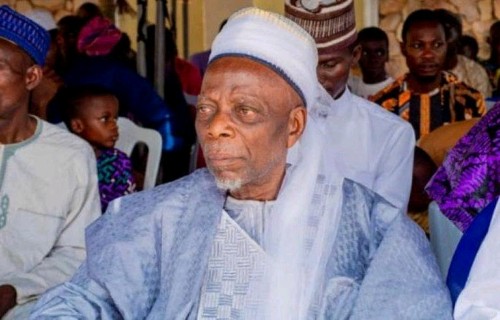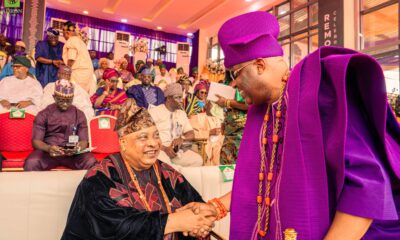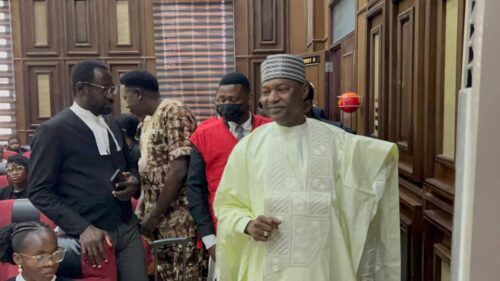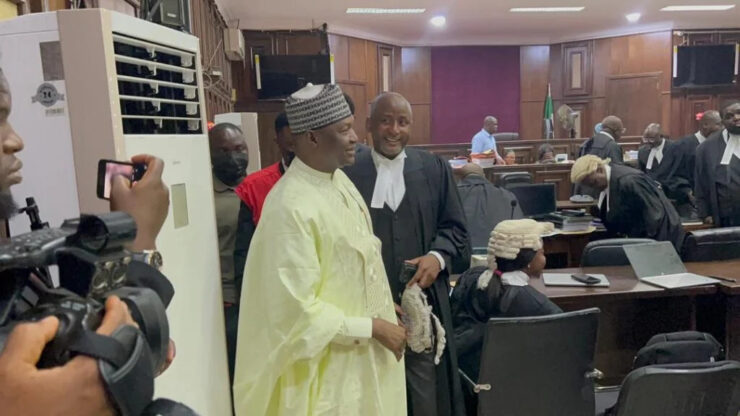BIG STORY
Killing People Over Blasphemy Is Fueled By Ignorance, Not Faith — Islamic Cleric

- /home/porsch10/public_html/wp-content/plugins/mvp-social-buttons/mvp-social-buttons.php on line 27
https://porscheclassy.com/wp-content/uploads/2023/07/resize1688201869611.jpg&description=Killing People Over Blasphemy Is Fueled By Ignorance, Not Faith — Islamic Cleric', 'pinterestShare', 'width=750,height=350'); return false;" title="Pin This Post">
- Share
- Tweet /home/porsch10/public_html/wp-content/plugins/mvp-social-buttons/mvp-social-buttons.php on line 69
https://porscheclassy.com/wp-content/uploads/2023/07/resize1688201869611.jpg&description=Killing People Over Blasphemy Is Fueled By Ignorance, Not Faith — Islamic Cleric', 'pinterestShare', 'width=750,height=350'); return false;" title="Pin This Post">
-

 ENTERTAINMENT3 days ago
ENTERTAINMENT3 days agoBREAKING: Popular Nollywood Actress Allwell Ademola Dies At 43
-

 BIG STORY5 days ago
BIG STORY5 days agoAirstrikes Show Nigeria, US Resolve To Counter Terrorism — Defence HQ
-

 ENTERTAINMENT2 days ago
ENTERTAINMENT2 days agoRemo Day 2025: Aare Emmanuelking Salutes Akarigbo, Ogun Governor, Calls for Continued Cultural Progress
-

 BIG STORY12 hours ago
BIG STORY12 hours agoBREAKING: Court Orders Remand of Ex-AGF Malami, Son, Wife In Kuje Prison
-

 BIG STORY1 day ago
BIG STORY1 day agoBREAKING: Anthony Joshua Involved In Road Accident, Two Die
-

 BIG STORY5 days ago
BIG STORY5 days agoFG Confirms US Airstrikes On terrorists, Cites Intelligence Cooperation
-

 BIG STORY15 hours ago
BIG STORY15 hours agoBritish Envoy, Sanwo-Olu, Abiodun Visit Anthony Joshua In Lagos Hospital
-

 NEWS3 days ago
NEWS3 days agoFirstBank Introduces Exclusive 500 Seater Bleacher at Carnival Calabar & Festival 2025






















